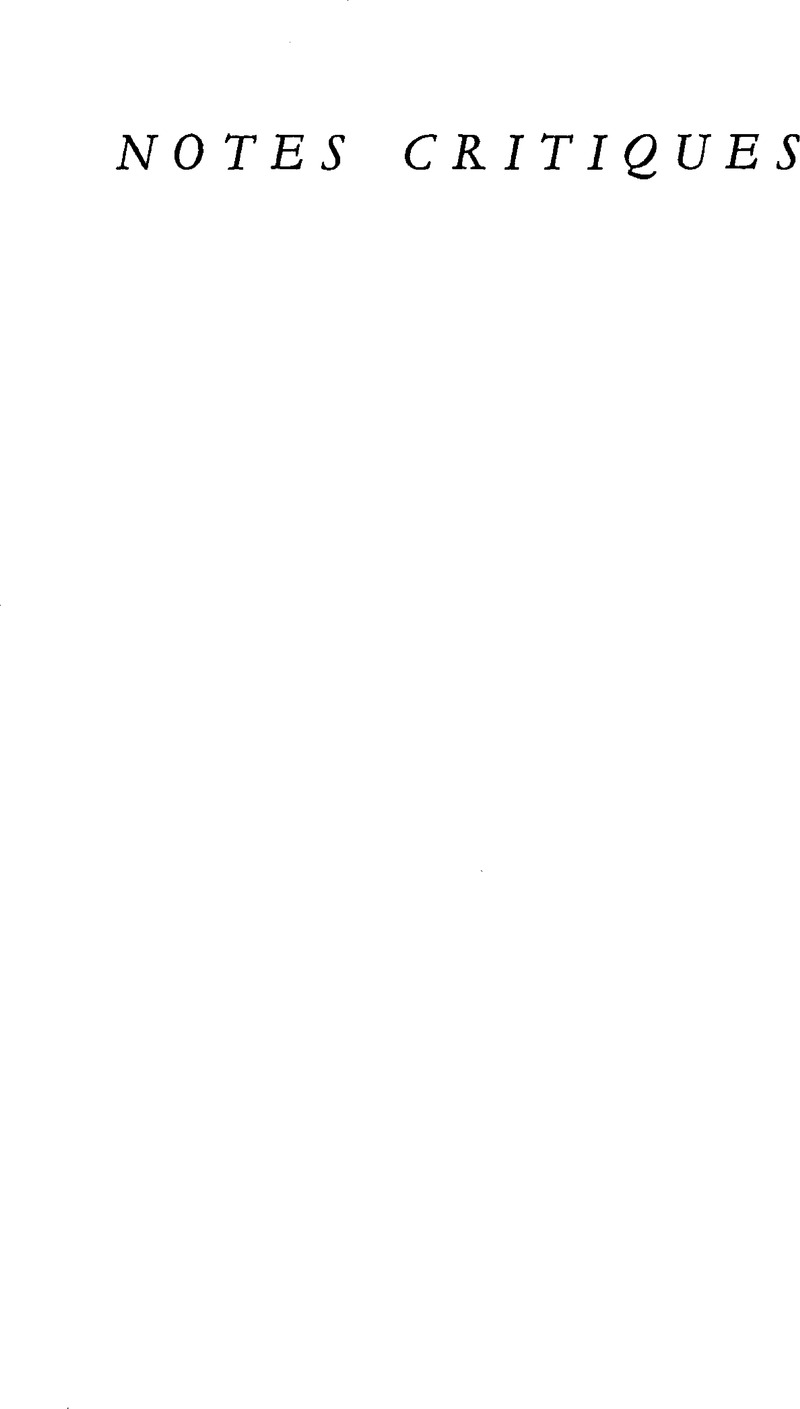Article contents
Justice, Congruence and Professor Homans
Published online by Cambridge University Press: 28 July 2009
Abstract

- Type
- Notes Critiques
- Information
- European Journal of Sociology / Archives Européennes de Sociologie , Volume 8 , Issue 1 , May 1967 , pp. 115 - 128
- Copyright
- Copyright © Archives Européenes de Sociology 1967
References
* Homans, George Caspar, Social Behaviour: Its Elementary Forms (London, Routledge and Kegan Paul, 1961)Google Scholar. All page references are to this work unless otherwise specified. Homans' treatment of congruence has also been criticised recently in this journal, although from a slightly different point of view, by Karpik, Lucien, Trois concepts sociologiques: le projet de référence, le statut social et le bilan individuel, Archives europeennes de sociologie, VI (1965), 191–222CrossRefGoogle Scholar, to which I shall refer again in the final section of this note.
(1) Whyte, W. F., Street Corner Society (Chicago, University of Chicago Press, 1943).Google Scholar
(2) Homans, G. C., The Human Group (London, Routledge and Kegan Paul, 1951), p. 180.Google Scholar
(3) Israel, J., Self-evaluation and Rejection in Groups (Stockholm 1956).Google Scholar
(4) See however Runciman, W. G., “‘Social’ Equality”, Philosophical Quarterly, XVII (1967), forthcoming.Google Scholar
(5) Op. cit. p. 219.
(6) Ibid. p. 216.
(7) It is necessary only to refer to the review of Skinner's Verbal Behavior by Chomsky, Noam, in Language, XXXV (1959), 26–58.CrossRefGoogle Scholar
(8) For the latest evidence of this at the time of writing, see Kelly, K. Dennis and Chambliss, William O., Status Consistency and Political Attitudes, American Sociological Review, XXI (1966), 375–382.CrossRefGoogle Scholar
(9) I have tried to summarize the most important of these difficulties in Runciman, W. G., Relative Deprivation and Social Justice (London, Routledge and Kegan Paul, 1966) Chapter 2.Google Scholar
(10) Benoit-Smullyan, E., Status, Status Types and Status Interrelations, American Sociological Review, IX (1944), 151–161.CrossRefGoogle Scholar
- 6
- Cited by


